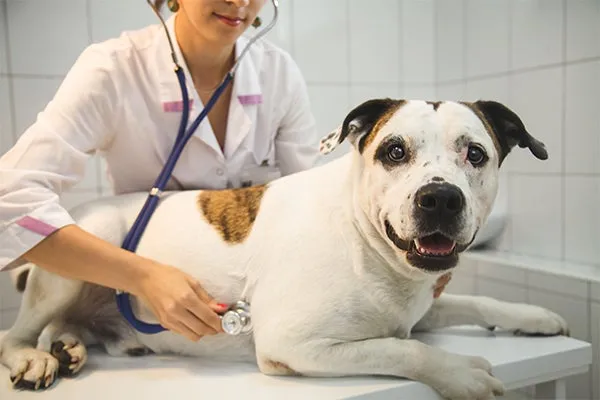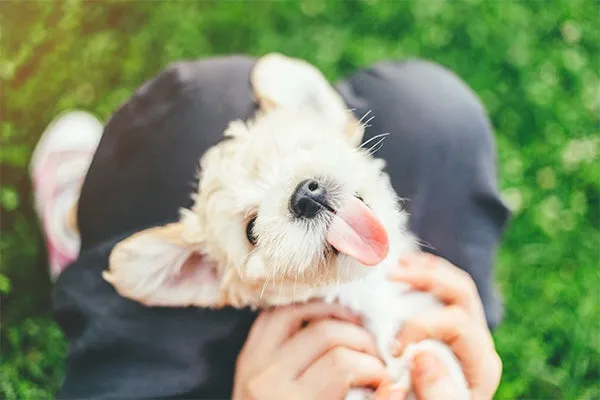Becoming a cat parent brings immense joy and companionship, but it also comes with significant responsibilities, not least of which is ensuring their health and well-being through regular veterinary care. While every loving pet owner understands the necessity of vet visits, many are often left guessing about the actual financial commitment involved. From routine preventative check-ups and essential vaccinations to unforeseen diagnoses and emergency treatments, understanding the Average Cat Vet Bill can help you better prepare for your feline friend’s healthcare needs. Keep in mind that veterinary costs can vary significantly based on your geographical location, the specific clinic, and the individual needs of your cat. Discussing experiences with other trusted cat owners in your area can also offer valuable insights into local pricing structures.
Understanding What Vets Charge For
Many cat owners experience a moment of apprehension when the vet bill arrives. This often stems from a lack of understanding regarding the comprehensive services their beloved pet receives. Beyond the fundamental administrative and operating fees, veterinary practices account for a wide array of professional services. These essential charges cover:
- Professional Services: Encompassing thorough physical examinations, detailed medical assessments, extended examinations for complex cases, and specialized care for hospitalized patients.
- Diagnostic Services: Including vital assessments like blood pressure evaluations and other critical measurements to monitor your cat’s health.
- Diagnostic Imaging Services: Utilizing advanced technology such as ultrasounds and radiographs to gain a deeper understanding of internal conditions.
- Lab Work Services: Involving the collection, processing, and analysis of various samples to test for crucial markers like blood chemistry, feline leukemia, thyroid function, immunity levels, and more.
- Surgical Procedures: Covering a spectrum of operations, from routine spaying/neutering to complex emergency surgeries.
- Anesthesia for Procedures: Including the administration of anesthesia, intubation, and continuous monitoring throughout any surgical or diagnostic procedure.
- Hospitalization Services: Providing overnight stays, intensive inpatient monitoring, and comprehensive care for cats requiring extended medical attention.
Veterinary fees are generally set to remain competitive within the local area, influenced by the range and complexity of services offered. For cats, specific factors like their age, breed, and overall health status can also play a role in the total cost of services rendered.
Average Costs of Essential Preventative Cat Care
Preventative care is the cornerstone of keeping your cat healthy and can significantly reduce the likelihood of more expensive treatments down the line. Routine annual or bi-annual wellness visits, depending on your cat’s age and health, involve a comprehensive physical examination. During these visits, your veterinarian will meticulously check your cat’s hearing, vision, teeth and gums, heart function, respiration, skin and coat condition, musculature, and overall physical state. These regular check-ups are vital for early detection of potential health issues, allowing for timely intervention and better outcomes.
The average cost of a physical exam for a cat typically ranges from $45 to $55. These visits are often bundled with routine vaccinations or vaccine boosters, which are crucial for protecting your feline companion from common infectious diseases. Recommended vaccines for cats generally include those for panleukopenia, herpesvirus, calcivirus, feline leukemia, and rabies. Staying up-to-date with these vaccinations is a simple yet effective way to safeguard your cat’s health and prevent serious illnesses.
Each vaccine shot for cats usually costs an average of $15-$28. While initial kitten vaccinations might be more frequent, annual boosters are often necessary to maintain immunity. Understanding these core preventative expenses forms the foundation of estimating the puppy vet visit cost and, by extension, your average cat vet bill, ensuring your pet receives foundational care.
Additional Diagnostic Tests and Services for Feline Health
Beyond the basic physical exam and vaccinations, your cat may require additional diagnostic tests or specialized services, either as part of routine preventative care or to investigate specific health concerns. These tests provide your vet with crucial information to make informed decisions about your cat’s health.
For instance, a fecal exam, typically costing $25-$45, is often recommended to check for intestinal parasites. While less common than in dogs, heartworm tests for cats might also be suggested, with an average cost of $45-$50. Dental health is paramount for cats, and professional dental cleaning can range from $70-$400, depending on the severity of plaque and tartar buildup and whether extractions are necessary. If your cat exhibits symptoms of allergies, testing might be recommended, with skin tests costing $195-$250 and blood tests ranging from $200-$300. For senior felines, geriatric screening, priced at $85-$110, can help detect age-related conditions early, ensuring a better quality of life in their golden years. These additional services contribute significantly to the overall average cat vet bill but are essential for comprehensive care.
 Veterinarian examining a cat during a routine check-up
Veterinarian examining a cat during a routine check-up
Navigating Unexpected Cat Vet Bills: Surgeries and Diagnoses
While routine annual veterinary care for cats typically costs between $90 to $200, unplanned events such as accidents, sudden injuries, or unanticipated ailments can lead to significantly higher expenses. These unforeseen circumstances highlight the importance of being financially prepared for the unpredictable nature of pet ownership.
Consider, for example, a diagnosis of feline diabetes. The initial diagnostic process alone might cost around $300 to accurately confirm the condition. The total lifetime cost of caring for a cat with diabetes varies greatly, influenced by the cat’s age at diagnosis and their longevity post-diagnosis. While daily glucose monitoring and insulin administration can often be managed at home, diabetic cats frequently require more regular vet visits for other associated ailments or for interpreting at-home test results, adding to the ongoing average cat vet bill. Similarly, emergency situations can quickly escalate, with treatments often exceeding $1,000. If the ailment is unknown, extensive diagnostics, blood work, and potentially imaging will be necessary to identify the problem before treatment can even begin. Should hospitalization be required, this will further increase the total cost of care.
Strategies for Covering Your Cat’s Veterinary Expenses
Managing the costs associated with your cat’s health is a crucial aspect of responsible pet ownership. If your cat faces an emergency, providing your vet with as much specific information as possible about their symptoms and history can help streamline the diagnostic process and potentially minimize costs. While not all unexpected diagnoses or long-term treatment needs can be entirely prevented, prioritizing routine preventative care, never missing annual check-ups, and ensuring your cat receives and stays up-to-date on all recommended vaccinations are among the best strategies to maintain their health and potentially reduce major expenses.
Financially preparing for your average cat vet bill, both routine and unexpected, is highly recommended. Consider creating a dedicated savings account specifically for your cat’s healthcare needs. By consistently contributing to this fund from the time your cat is young, you can build a financial cushion that will allow you to confidently handle unplanned diagnoses or other medical problems that may arise as they age. This proactive approach ensures you are prepared for afflictions typical of old age. Beyond direct medical costs, it’s also wise to consider broader aspects of your cat’s welfare, which sometimes includes finding reliable help for their care. For instance, knowing how to find certified pet sitters near me can be part of a comprehensive care plan, ensuring your cat is looked after even when you’re away, preventing stress-related issues that could lead to vet visits. Providing your cat with a natural, high-quality diet specifically formulated for their age, size, and breed can also contribute significantly to their overall health, potentially decreasing the frequency of unplanned medical issues.
 Owner comforting their cat during a veterinary visit
Owner comforting their cat during a veterinary visit
Understanding the average cat vet bill and preparing for both routine and unexpected expenses is an indispensable part of being a devoted cat parent. From preventative care to managing emergencies, a proactive approach to your feline friend’s health and your finances will ensure they receive the best possible care throughout their life. By staying informed, adhering to a schedule of preventative visits, and planning for potential costs, you can provide your cat with a long, healthy, and happy life. Don’t hesitate to consult with your veterinarian for personalized advice on your cat’s specific healthcare needs and associated costs. Explore more cat care articles on Dog Care Story to deepen your knowledge and enhance your pet parenting journey!
